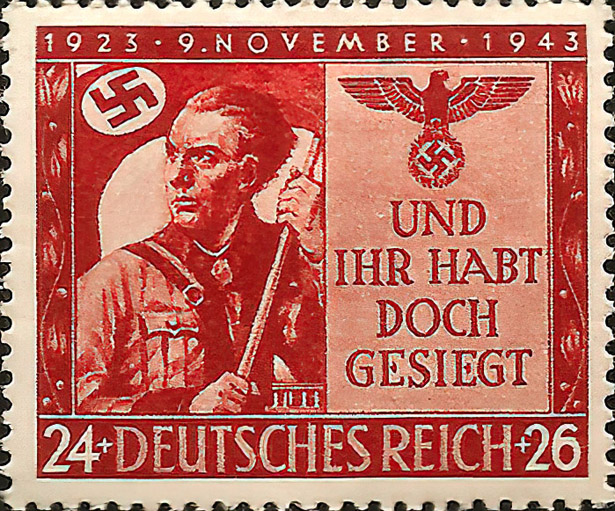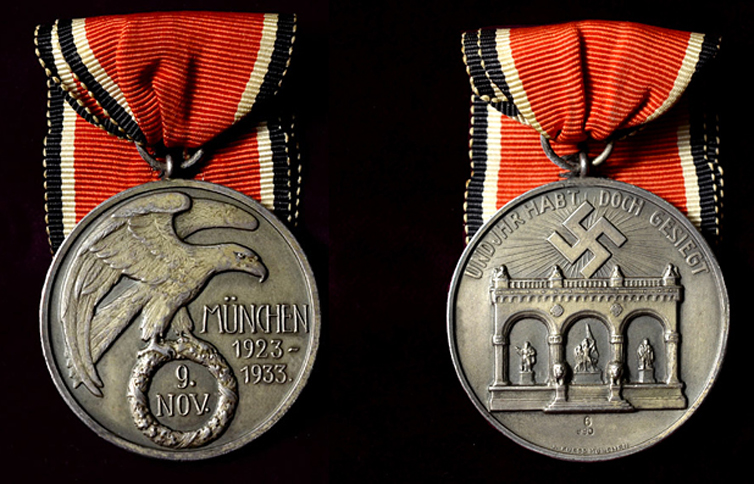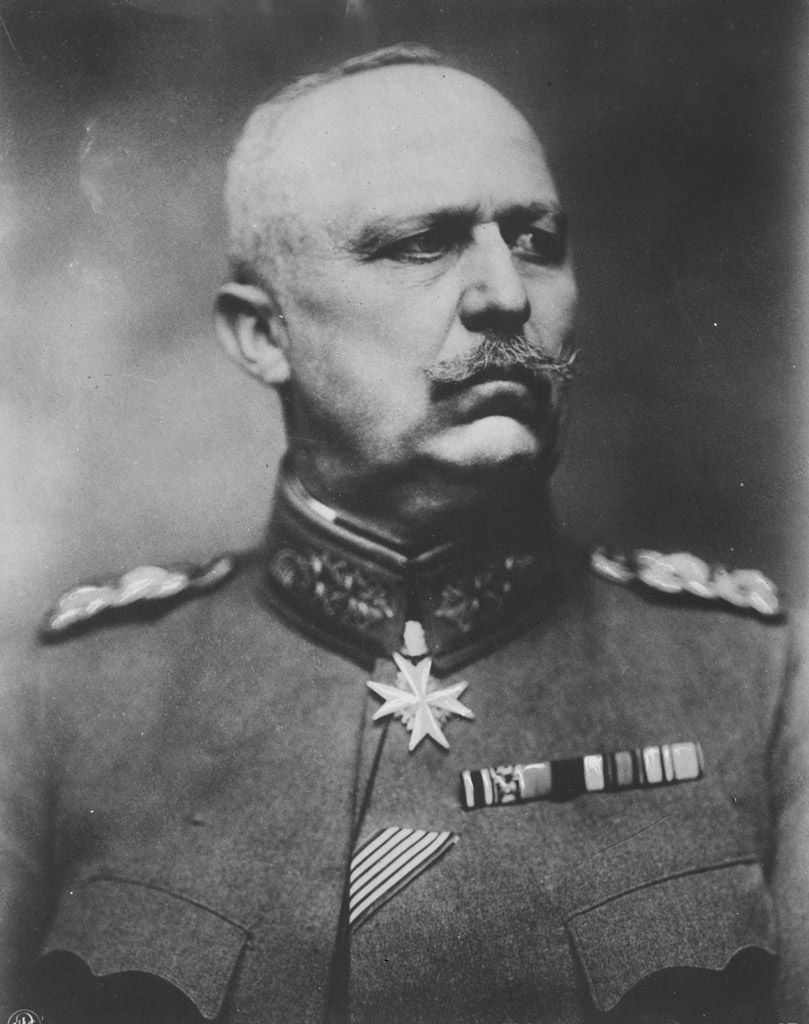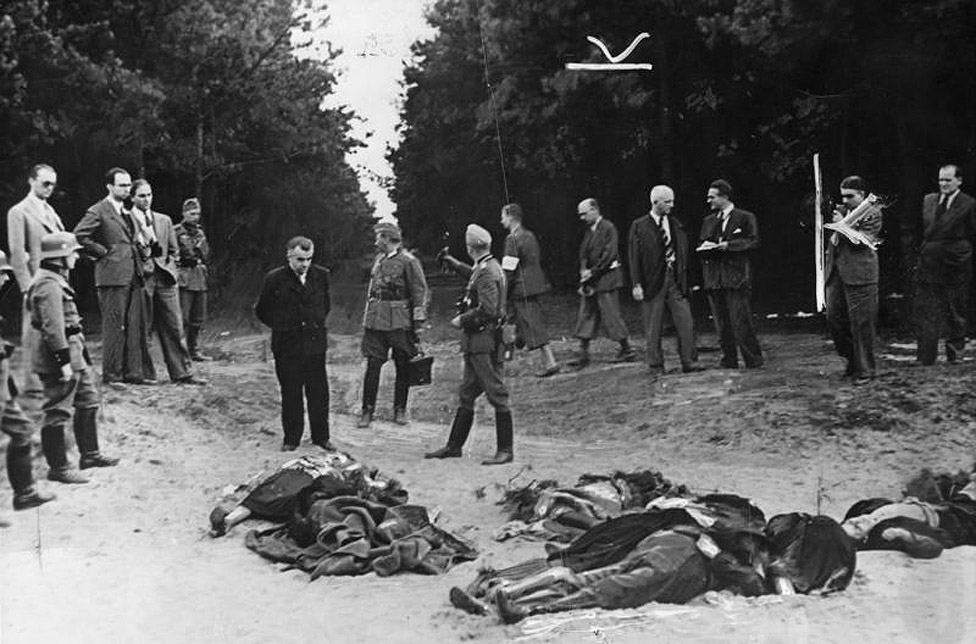
Interview with General Horst Kraehe, Blood Order holder, Hamburg, 1983.

[Above: 1943 postage stamp honoring those who participated in the Munich Beer Hall Putsch]

Interview with General Horst Kraehe, Blood Order holder, Hamburg, 1983.

[Above: 1943 postage stamp honoring those who participated in the Munich Beer Hall Putsch]
Thanks for letting me meet you and to ask you a few questions General. I would like to ask how you came to be awarded the Blood Order, which I understand was one of the highest awards in that time.
Horst: Yes and I am pleased to meet you as well. So, for the award of the [Blood] Order, I am afraid to tell you it was just the circumstances. You see I was in officer cadet school and Munich had just gone through a red revolt, and a new one was brewing.
That man Hitler and our Field marshal Ludendorff had determined to not let it happen again, so they organized a revolt of their own, to take power from a weak and corrupted system they believed was infiltrated with reds. I must say most in the army supported this idea.
We were not with Hitler, but at the same time we saw the danger lurking so we were prepared to act. When Ludendorff joined him, we followed as he was a patriot and we admired him. The reds used all sorts of revolts back then to try to take power. There was Karl Liebknecht and Rosa Luxembourg back then who lead the red front.
They were trying to capture power by taking state after state, the Freikorps stopped them. These were all veterans of the first war, and very tough, I was able to see them in action when I was a young boy like you.

[Above: The coveted Blood Order medal]
Hitler was at the front with Ludendorff, and the head of a long column, we joined in and were far behind. The point made it to the Feldherrnhalle on the Odeonsplatz, where they were stopped by the police. The police opened fire and that’s when it all fell apart. The government was not going to allow another revolt so they had orders to fire on any marchers. We ran away in confusion, as more shots were fired, and received orders to return back to school. Because I marched with the school I became eligible for the order and each was numbered for the person receiving it. My number was 1278. It was given to the men who took part in the marching events. Later on you could be awarded it for being in jail or sacrificing for the party. Yes, it was a very prestigious award back then, and it had us called the old guard by our men.
You know how Adolf Hitler got the title Führer? It is because at his trial he took all responsibility for the failed Putsch and said he was the leader of it all. The court, who was largely on his side, called him Führer after that.

[Above: General of the Infantry, Erich Friedrich Wilhelm Ludendorff (April 9, 1865 – December 20, 1937)]
Did you get in trouble for being a part of it?
Horst: No, we were just young cadets then and we had been ordered to take part in it. The police let the army handle any discipline, and since a former field Marshall had ordered us to do it, all was forgiven, but they did watch us however. We received a scolding from the school head and told to not partake in anything else.
Hitler only got 8 months in a comfortable fortress, the judges liked him. Putting him on trial is what made him a folk hero to Germans, he was given a national platform and many agreed with him. The Putsch may have failed but in the end it handed his party victory.
That is why on the Blood Order it says “And yet you were victorious”.
I understand that you were witness to some of the events with Poland before the war started?
Horst: Oh yes, I was put in command of the border troops in a city named Breslau, it is now part of Poland in the east. It was such a lovely city before the war. I can tell you that I had heard second hand claims made by Germans of Polish soldiers and criminals crossing our border to steal.
When I took over command, I saw reports of alleged incursions and some of these were of a violent nature. I sent reports back to Berlin but these were ignored I believe because the attack on Poland was already in the final preparations.
I had personally met some of the refugees who fled out of Poland, and they told story after story of persecution. This all happened because of Versailles, many Germans were forcibly absorbed into Poland, and they did not want to be. Because they still wanted to be Germans, the Poles mistreated them.

[Above: Wehrmacht soldiers and journalists with German victims of what was to be called 'Bloody Sunday'. Understand that the Polish people were not responsible for these mass murders, there were powerful forces instigating war between Germany and Poland]
All they had left was to seek shelter in the Reich, they were one of thousands. I attended a welcome home ceremony for those being resettled and there were many who I heard speak of worse things happening. I will tell you, when you hear of Germans being sent east, it was these people who were given back lands that the Poles had taken from them. It was sad business to have to deal with and see these things. I remember well, that one of our soldiers had opened fire on a band of Polish soldiers who he saw sneaking back across the border and they were carrying things they stole from a farm.
There were many of these incidences that had been happening ever since the end of the first war. They seemed to calm down but in 1938 picked back up at a record pace. When Hitler made it clear he was seeking a return of the corridor the Poles went on a war footing.
Of course our history books and the papers make no mention of this today when talking about the start of the war.
Can I ask if you think Germany was as bad as the victors say it was?
Horst: Of course, naturally I am a bit biased since I am German, however. The western allies I believe have made credible claims showing some misguided soldiers committed war crimes. This happens in all armies, and has taught us a lot about war making.
I heard of claims when I was on the general staff, mainly by Waffen-SS units, but they were never substantiated, and largely based on enemy radio broadcasts. I have never believed the Soviet claims, I think they are exaggerated or made up completely.
We fought a tough war, and at times had to fight terrorists who could be quite cruel. Reprisals had to be carried out against the guilty and in no way should be seen as breaking the rules of war. It was perhaps the reprisals that have contributed to so much negative reporting about German soldiers.
I must say that harsh treatment and illegal actions only cause hatred in the civilians and revenge in enemy soldiers. I was always against any reprisals at all, confinement yes, but executions no. It only served to enrage our enemy and give motivation to fight harder. I never saw this personally, but saw the photos and heard the stories.
I think there needs to be a fair and balanced look at the claims made by the east and west, which has not happened. Germans were and are accused of law-breaking but the defense is not allowed to challenge the credibility of such claims.
The Federal government has seen that, and largely dismissed any and all claims made today as they just do not add up. There is a special prosecutor office that looks at the claims made by former enemies and they turn down most requests as they know they are founded on wartime propaganda that evolved into “truth”.